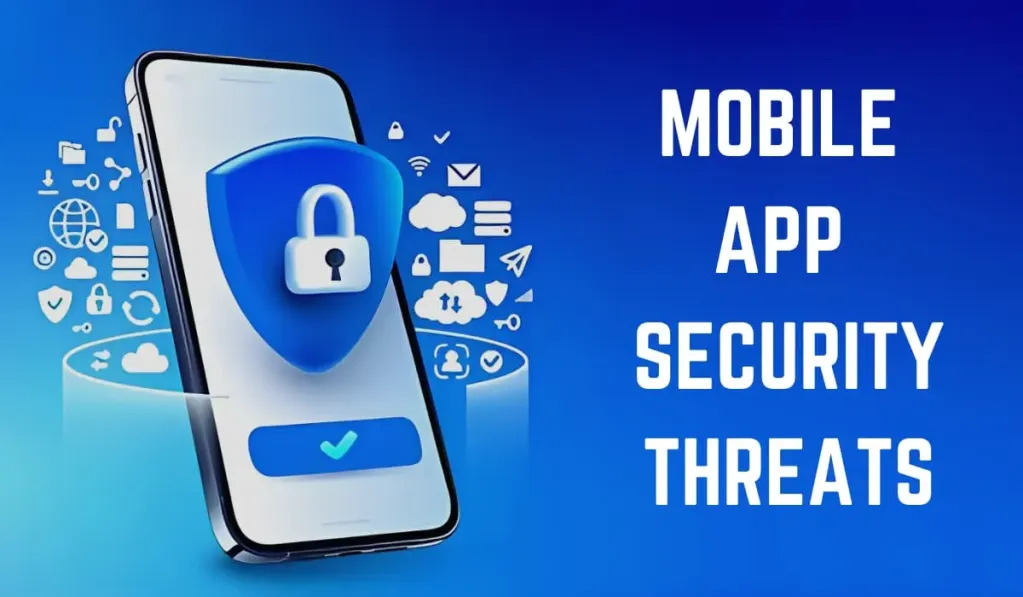Security Concerns in Mobile Trade: Protecting Transactions and User Data

The mobile trade industry has grown exponentially in recent years, transforming how we buy, sell, and exchange goods and services. With this growth comes an increased focus on the security of transactions and the protection of user data. As mobile devices become an integral part of daily life, ensuring that every transaction is secure is crucial for maintaining trust and safeguarding personal information.
The Rise of Mobile Transactions and Their Security Challenges
Mobile devices have revolutionized the way we conduct transactions. From online shopping to mobile banking, these convenient tools have made it possible to complete transactions with just a few taps. However, the convenience of mobile transactions comes with its own set of security challenges.
Cybercriminals are constantly developing new methods to exploit vulnerabilities in mobile platforms. Phishing attacks, malware, and unsecured Wi-Fi networks are just a few of the threats that can compromise sensitive information. As a result, businesses and consumers alike must be vigilant in protecting their mobile transactions from these threats.
Understanding the Importance of Data Encryption
Data encryption is a fundamental aspect of securing mobile transactions. It involves converting information into a coded format that can only be deciphered by authorized parties. This ensures that even if data is intercepted, it cannot be read or used by unauthorized individuals.
End-to-end encryption is particularly important for mobile transactions. This type of encryption protects data throughout the entire transaction process, from the moment it leaves the sender’s device until it reaches the recipient. By implementing strong encryption protocols, businesses can significantly reduce the risk of data breaches and ensure the confidentiality of user information.
Two-Factor Authentication: An Essential Layer of Security
Two-factor authentication (2FA) is another critical component of mobile transaction security. It requires users to provide two forms of identification before accessing their accounts or completing transactions. Typically, this involves something the user knows (such as a password) and something they have (such as a mobile device or a fingerprint).
By requiring two forms of authentication, 2FA makes it much more difficult for cybercriminals to gain unauthorized access to accounts. Even if a password is compromised, the additional layer of security provided by 2FA can prevent unauthorized transactions and protect sensitive information.
The Role of Secure Payment Gateways
Secure payment gateways play a vital role in protecting mobile transactions. These gateways act as intermediaries between the buyer and the seller, encrypting payment information and ensuring that it is transmitted securely. They also provide fraud detection and prevention measures, such as monitoring transactions for unusual activity and flagging potential threats.
Choosing a reputable payment gateway is essential for businesses that conduct mobile transactions. A secure payment gateway can provide peace of mind for both the business and its customers, knowing that their financial information is being handled with the utmost care.
Protecting User Data: A Shared Responsibility
The responsibility for protecting user data in mobile transactions is shared by both businesses and consumers. Businesses must implement robust security measures to protect customer information, including encryption, secure payment gateways, and regular security audits. Additionally, they should educate their customers about safe mobile practices, such as avoiding public Wi-Fi for transactions and using strong, unique passwords.
Consumers, on the other hand, must also take steps to protect their data. This includes being cautious about the apps they download, keeping their devices updated with the latest security patches, and being vigilant about phishing scams and other forms of cyberattacks.
Mobile App Security: The First Line of Defense
The security of mobile apps is a critical factor in protecting mobile transactions and user data. Developers must prioritize security during the app development process, ensuring that their apps are designed with strong security features from the ground up. This includes implementing secure coding practices, conducting regular security testing, and staying up to date with the latest security threats and vulnerabilities.
App stores also play a role in mobile app security by vetting apps before they are made available for download. However, consumers should remain cautious and only download apps from reputable sources to reduce the risk of installing malicious software on their devices.
Addressing the Threat of Mobile Malware
Mobile malware is a growing threat that can compromise the security of transactions and user data. This type of malicious software can infect mobile devices through various means, including malicious apps, phishing links, and unsecured Wi-Fi networks. Once installed, mobile malware can steal sensitive information, track user activity, and even take control of the device.
To protect against mobile malware, users should only download apps from trusted sources, avoid clicking on suspicious links, and install mobile security software. Regularly updating the operating system and apps can also help prevent malware infections by patching known vulnerabilities.
Phishing Attacks: Recognizing and Avoiding Them
Phishing attacks are a common tactic used by cybercriminals to steal sensitive information. These attacks often involve sending fake emails, messages, or websites that appear legitimate in an attempt to trick users into providing their personal information, such as passwords or credit card numbers.
To avoid falling victim to phishing attacks, users should be cautious when receiving unsolicited messages or emails. They should verify the sender’s identity, avoid clicking on suspicious links, and never provide sensitive information in response to unsolicited requests.
The Importance of Regular Security Audits
Regular security audits are essential for businesses that conduct mobile transactions. These audits involve a thorough review of the company’s security practices, identifying potential vulnerabilities and areas for improvement. By conducting regular audits, businesses can stay ahead of emerging threats and ensure that their security measures are up to date.
Security audits should be conducted by experienced professionals who understand the latest security threats and best practices. They should also include a review of third-party vendors and partners to ensure that they meet the same high standards for security.
Educating Users: A Key Component of Security
Educating users about the importance of mobile security is a crucial step in protecting transactions and user data. Many security breaches occur due to user error, such as falling for phishing scams or using weak passwords. By providing users with the knowledge they need to protect themselves, businesses can reduce the risk of security breaches and build trust with their customers.
Education efforts should include clear and concise information about safe mobile practices, as well as regular updates on emerging threats and security best practices. Businesses can also offer tools and resources, such as password managers and mobile security apps, to help users protect their information.
Securing Mobile Networks: A Crucial Aspect of Transaction Security
Mobile networks are the backbone of mobile transactions, and securing these networks is essential for protecting user data. This includes using secure communication protocols, such as HTTPS, to encrypt data transmitted over the network. It also involves implementing network security measures, such as firewalls and intrusion detection systems, to protect against unauthorized access.
Mobile network providers play a key role in securing these networks, but businesses and consumers must also take steps to protect their devices and data. This includes using virtual private networks (VPNs) when accessing public Wi-Fi and avoiding connecting to unsecured networks.
The Future of Mobile Transaction Security
As mobile technology continues to evolve, so too will the security challenges associated with mobile transactions. Emerging technologies, such as biometric authentication and blockchain, hold promise for enhancing security, but they also introduce new risks that must be managed.
Businesses must stay ahead of these trends by continuously updating their security practices and adopting new technologies that can enhance the security of mobile transactions. By staying proactive and vigilant, businesses can protect their customers’ data and maintain their trust in an increasingly digital world.
Conclusion
In the fast-paced world of mobile trade, site security concerns are paramount. Protecting transactions and user data on your site is a shared responsibility that requires the cooperation of businesses, consumers, and technology providers. By implementing strong security measures, such as data encryption, two-factor authentication, and secure payment gateways, businesses can safeguard their customers’ information and build trust in their mobile platforms. As the mobile trade industry continues to grow, staying ahead of security threats will be essential for ensuring the safety and security of every transaction.







